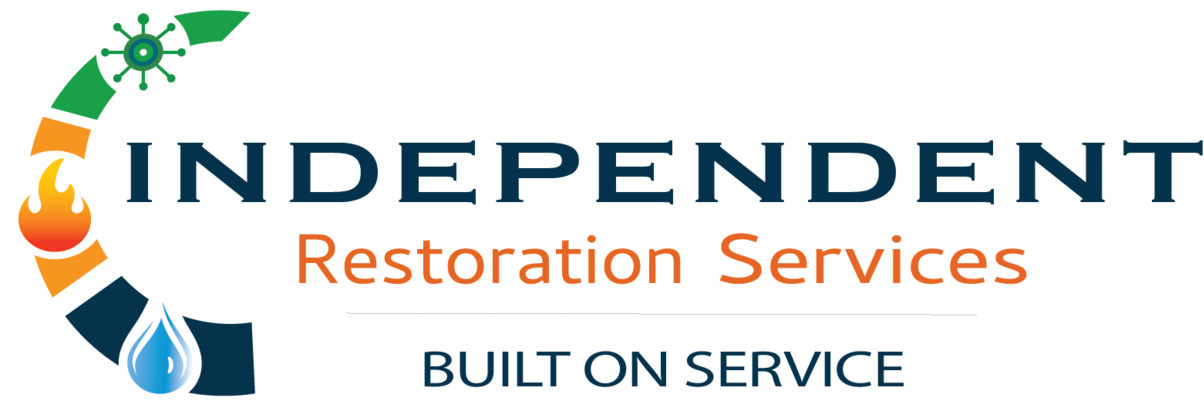Fire safety is a critical concern for Denver homeowners, especially given Colorado’s dry climate and wildfire risks. With the right prevention strategies and preparedness measures, you can significantly reduce your home’s fire risk and protect your family and property.
Table of Contents
Understanding Denver’s Fire Risks
Denver’s unique geographic location and climate create specific fire hazards that homeowners must address:
- Low humidity levels throughout much of the year
- Proximity to wildfire-prone areas
- Chinook winds that can rapidly spread fires
- Older neighborhoods with mature trees and vegetation
The Colorado Division of Fire Prevention and Control reports that structure fires in the Denver metro area often result from preventable causes, making fire safety education crucial for homeowners.
Essential Fire Prevention Strategies
Electrical System Safety
Electrical issues cause approximately 25% of home fires in Colorado. Protect your Denver home by:
- Scheduling professional electrical inspections every 3-5 years
- Replacing outdated electrical panels and wiring
- Using surge protectors for sensitive electronics
- Avoiding overloaded circuits and extension cord misuse
Signs of electrical problems include flickering lights, warm outlets, burning smells, or frequently tripped circuit breakers.
Heating System Maintenance
Denver’s cold winters require extensive heating system use, increasing fire risks. Maintain your heating system by:
- Scheduling annual furnace inspections and cleaning
- Replacing furnace filters regularly
- Keeping flammable materials away from heating equipment
- Ensuring proper ventilation for gas appliances
The Denver Fire Department recommends having heating systems inspected before each winter season.
Kitchen Fire Prevention
Cooking fires represent the leading cause of home fires nationwide. Denver homeowners can prevent kitchen fires by:
- Never leaving cooking food unattended
- Keeping cooking areas clean and grease-free
- Maintaining proper ventilation while cooking
- Having a fire extinguisher readily accessible
Wildfire Protection for Denver Area Homes
Living in Colorado means understanding wildfire risks and taking defensive measures:
Defensible Space Creation
Create defensible space around your property by:
- Maintaining a 30-foot defensible zone around structures
- Removing dead vegetation and debris
- Trimming tree branches away from roofs and power lines
- Using fire-resistant landscaping materials
Home Hardening Techniques
Make your home more resistant to wildfire damage through:
- Installing fire-resistant roofing materials
- Using tempered glass windows
- Screening vents and openings
- Maintaining clean gutters free of debris
The Colorado State Forest Service provides detailed guidelines for wildfire mitigation specific to Colorado conditions.
Smoke Detector and Fire Alarm Systems
Proper smoke detection is your first line of defense against fire damage:
- Install smoke detectors in every bedroom and hallway
- Test detectors monthly and replace batteries annually
- Consider interconnected smoke detector systems
- Install both ionization and photoelectric detectors for comprehensive coverage
Carbon monoxide detectors are equally important, especially in Denver’s altitude where appliances may not burn as efficiently.
Fire Escape Planning
Every Denver household should have a comprehensive fire escape plan:
- Identify two exit routes from each room
- Designate a meeting place outside the home
- Practice escape routes with all family members
- Ensure everyone knows how to operate windows and doors
Consider Denver’s weather conditions when planning escapes, as snow and ice can block exits during winter months.
Fire Safety During Denver’s Dry Seasons
Denver’s dry conditions, particularly in fall and winter, require extra precautions:
- Maintain adequate humidity levels in your home
- Be cautious with any open flames or spark-producing activities
- Properly dispose of cigarettes and other smoking materials
- Keep fire extinguishers in key locations throughout your home
What to Do After Fire Damage
If fire damage occurs despite prevention efforts, immediate action is crucial:
- Ensure everyone’s safety first
- Contact the fire department and emergency services
- Document damage for insurance purposes
- Contact professional restoration services immediately
Professional fire damage restoration in Denver requires specialized equipment and expertise to address smoke damage, structural issues, and potential health hazards.
Insurance Considerations for Fire Damage
Understanding your homeowner’s insurance coverage for fire damage is essential:
- Most policies cover fire damage to structures and contents
- Document your belongings with photos and receipts
- Understand your policy’s coverage limits and deductibles
- Consider additional coverage for high-value items
Professional Fire Damage Assessment
After any fire incident, professional assessment is crucial to:
- Identify all affected areas, including hidden damage
- Assess structural integrity
- Address smoke and soot damage
- Prevent secondary damage from moisture or contamination
Independent Restoration Services provides comprehensive fire damage assessment and restoration services for Denver homeowners, ensuring your property is safely and completely restored.
Seasonal Fire Safety Considerations
Spring Fire Safety
Spring brings increased wildfire risks as vegetation dries out:
- Remove accumulated winter debris
- Check and maintain outdoor fire safety equipment
- Review and update emergency evacuation plans
- Ensure proper ventilation after winter
Summer Fire Safety
Denver’s summer heat and dry conditions require vigilance:
- Monitor local fire restrictions and burn bans
- Maintain defensible space around your property
- Be cautious with outdoor activities that could cause sparks
- Keep emergency supplies readily available
Community Fire Safety Resources
Denver offers numerous resources for homeowners:
- Free smoke detector installation programs
- Community fire safety education classes
- Neighborhood fire safety assessments
- Emergency preparedness workshops
The Denver Office of Emergency Management provides valuable resources for fire safety planning and preparedness.
Conclusion
Fire safety in Denver requires year-round attention and seasonal adjustments to your prevention strategies. By implementing comprehensive fire safety measures and maintaining proper equipment, you can significantly reduce your home’s fire risk.
Remember that if fire damage does occur, professional restoration services are essential for safe and complete recovery. Independent Restoration Services provides 24/7 emergency response for Denver fire damage situations, helping restore your home and your peace of mind.
For comprehensive property protection, also consider our water damage restoration and mold remediation services to address all potential hazards to your Denver home.
